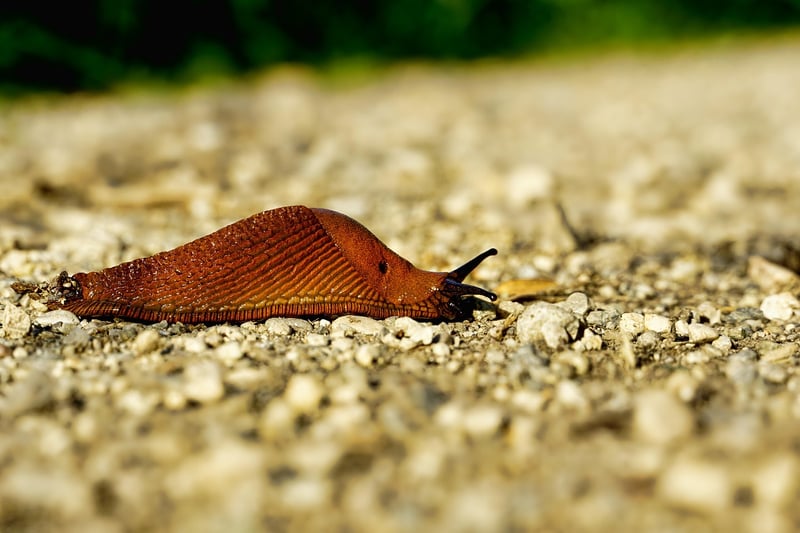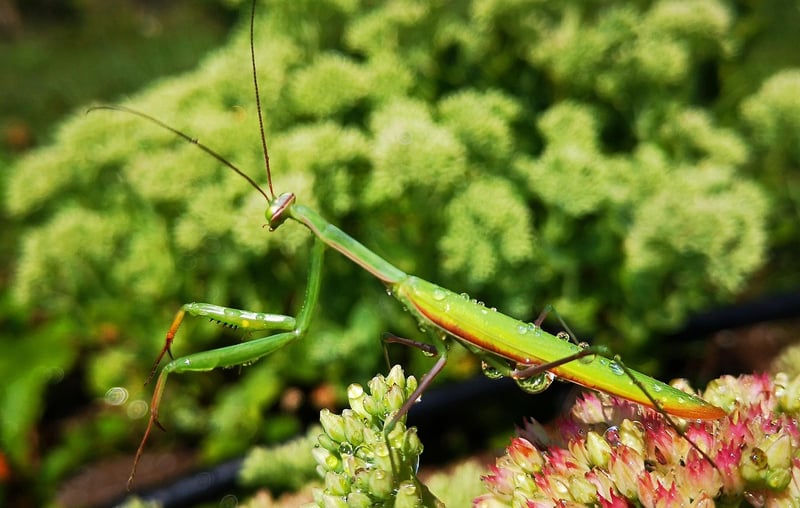Beneficial Insects
Protecting Your Urban Garden + Beneficial Insects
The Importance of Urban Gardens
Urban gardens provide a vital green space in the midst of concrete jungles, allowing city dwellers to connect with nature, grow their own food, and support biodiversity. However, maintaining a thriving garden in an urban environment comes with its own set of challenges, including pests that can wreak havoc on your plants.
Common Garden Pests
Common garden pests in urban areas include aphids, caterpillars, snails, and slugs. These pests can quickly multiply and damage your plants if not controlled effectively.

Chemical-Free Pest Control
Instead of resorting to harmful chemicals that can harm beneficial insects and the environment, opt for natural pest control methods. Introducing beneficial insects to your garden is a sustainable way to keep pest populations in check.
Beneficial Insects
- Ladybugs: These colorful beetles feed on aphids and other soft-bodied insects.
- Praying Mantis: A voracious predator that devours a wide range of garden pests.
- Lacewings: Known for their delicate appearance, lacewings consume aphids, caterpillars, and other pests.
- Hoverflies: Adult hoverflies pollinate plants, while their larvae consume aphids.
Attracting Beneficial Insects to Your Garden
Planting a diverse range of flowers, herbs, and native plants can attract beneficial insects to your garden. These insects not only help control pests but also contribute to the overall health of your garden ecosystem.

Companion Planting
Companion planting involves growing different plants together to enhance growth, repel pests, and attract beneficial insects. For example, planting marigolds alongside tomatoes can deter nematodes and attract pollinators.
Conclusion
By incorporating natural pest control methods and attracting beneficial insects to your urban garden, you can create a balanced ecosystem that thrives without the need for harmful chemicals. Embrace the beauty of nature in your city oasis and enjoy a bountiful harvest while supporting biodiversity.
